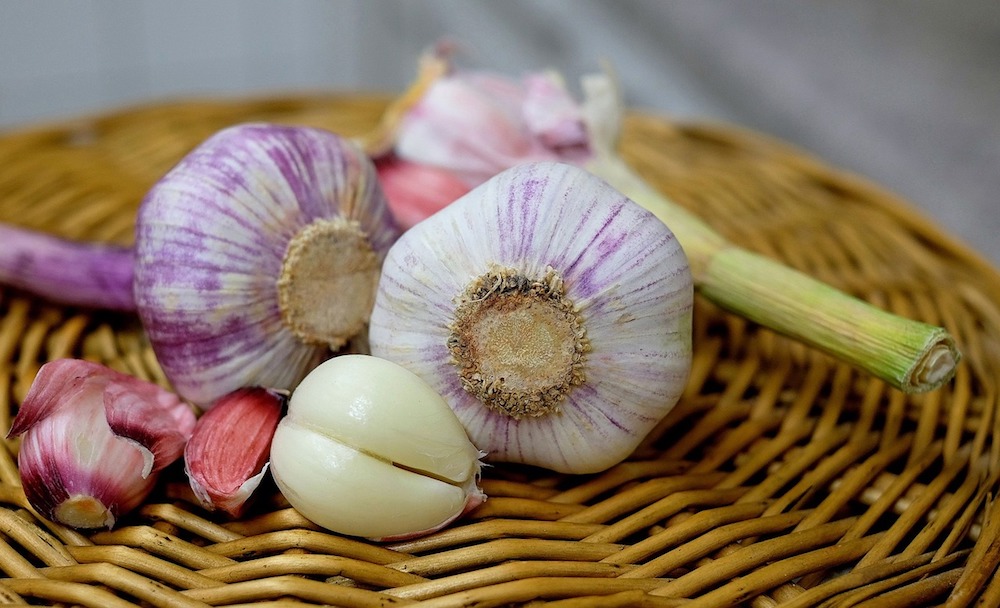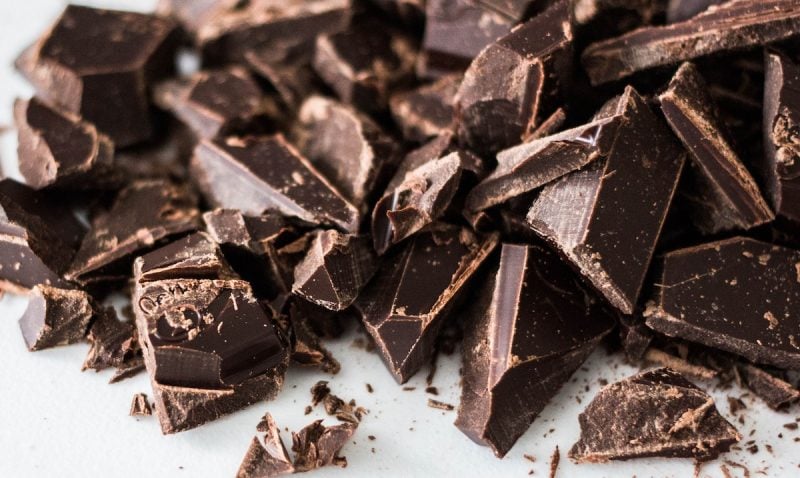We all want the best for our best friend, especially when it comes to their health. Many of us may seek to medicate our dogs ourselves when we can’t get to a vet or, simply, can’t afford to.
Unfortunately, it’s all too easy to mistake terrible advice from friends, family or the vast and varied internet for serious medical advice and end up giving your pet something potentially deadly. Don’t make that mistake!
Below, we’ll talk about a few of the commonly recommended natural remedies you should not give your dog.
Do you already have a medical emergency which led you to this article? Be safe instead of sorry: You can contact the ASPCA’s poison hotline directly at (888) 426-4435.
Natural Remedies Are Not Natural for Everyone: Beware of Deadly Naturopathic Solutions
The same caution which applies to the natural remedies, plants, and herbs listed in this article should also apply to any natural remedies, alternative treatments, or essential oils you have lying around the house.
Many of these remedies are recommended for dogs and cats on-the-fly, again with the logic that “it should be fine because it works for me/them/us.” This is more often than not a sure-fire way to end up with your dog in the emergency room (or worse) and the vet asking, “So, just what the hell did you do?”
Note that we’re sharing 12 natural remedies you should not give your dog, but this is not an exhaustive list. Remember: Just because something is “natural” does not mean it is safe. Always consult your vet before giving your pet any medication or supplement.
Garlic: Garlic is generally recommended in human use for all sorts of ailments including heart disease and blood pressure, but the same is not true for dogs and cats. Garlic can lead to severe complications in canines, including anaemia.
Avocado: Avocado’s are great for your pooch’s owner, not so much for your pooch: Avocados contain persin, which is harmless to humans but toxic to your pets.
Colloidal Silver: Colloidal silver is commonly mentioned in the world of natural health as a cure-all against infection, but it is definitely not something you want to give your animals – or consume yourself. Remember that silver is still a metal, and you might remember that silver poisoning is a thing.
Wormwood: You might already know the basics about wormwood if you’ve ever drank absinthe (though seeing the green fairy is optional, here). The original use for wormwood – hence the name – is a natural dewormer. Again, this generally works for humans, but wormwood is toxic to even humans in large quantities. Even small doses of wormwood can be toxic to your pets and is better avoided entirely.
Tea Tree Oil: Tea tree oil is another staple of human natural health and something that’s recommended for everything from removing head lice to healing cuts, scrapes and burn wounds (in fact, many over the counter burn gels contain tea tree oil as an ingredient).
Tea tree oil should be used with extreme caution when used for dogs and highly diluted to a recommended 0.1% if it’s used at all. It’s recommended to avoid it entirely, as there are many different strengths of tea tree oil on the market, and it’s way too easy to make that kind of mistake. External use is listed as a huge potential danger.
If you want to get rid of lice on your dog we’d suggest using a dog shampoo designed for lice removal instead of messing around with tea tree oil!
Pennyroyal: In higher dosages, pennyroyal – which is usually recommended to control creepy crawlies like ticks and fleas – can be highly toxic to your pet.
Daffodils: Daffodils have a wide variety of uses for humans. In fact, daffodil extracts are being studied as a natural remedy to counteract Alzheimer’s disease. Daffodils contain something called lycorine, which can induce vomiting and other gastro-intestinal issues in dogs. It was actually used by ancient Greeks to induce vomiting, but – again – could be highly toxic to your dog and even accidental ingestion will require a trip to the doggy ER.
Oleander: Hey, remember that movie called White Oleander with Michelle Pfeiffer? (If you’re not that into Hollywood B-movies, that’s fine!) The one thing you do need to know about oleander whether or not you’ve seen the movie: It’s highly poisonous to both dogs and cats, and can cause slowed heart rate and eventual death.
Sago Palm: For those who are wondering, yes, sago pudding is made from the sago palm. But you don’t want your pooch chewing on the plant – and this includes all parts, including the leaves, seeds and roots. It can cause liver damage, vomiting, or death.
Raisins: Many people reach for a bag of raisins, especially to correct iron deficiencies, but both grapes and raisins can be toxic to your dogs. Don’t risk it!
Mercurochrome: Mercurochrome was, at one point, the substance to apply to wounds – at least, until it was banned by the FDA in 1998. It’s basically an antiseptic which, true to its name, contains mercury. The same that is true for colloidal silver is true for mercurochrome: This is not something you want to consume yourself, let alone risk giving to your animals!
Aloe Vera: Aloe Vera is one of those miracle plants that can be used for everything from skincare to treating burns. It is, however, also listed as “mild to moderately” toxic and is best not given to your animals. Symptoms can include vomiting, tremors and even symptoms like depression and anorexia.
Marijuana: Hopefully it goes without saying, but you absolutely never want to give your dog weed and get them high. Trust us, your dog will not have fun and will be scared out of his mind. That being said, dog CBD oil can be beneficial for some pups.
Check out a comprehensive list of plants that are poisonous (and not) for your pooch from the ASPCA’s official website.If you are experiencing an emergency, make sure that you (1) Can identify the substance your pooch has taken, (2) Contact poison control immediately and (3) Get your dog to the vet – no exceptions!
Human Medication: It’s Not Made for Canines!
Many pet owners opt for giving their dogs the same medication they would take for the same affliction: This often includes medications like antihistamines, antibiotics, and painkillers. Veterinary professionals are in agreement that this could do your pooch way more harm than good.
Human medication is designed as such, and while animal medications of the same sort might be chemically similar, there’s no way of knowing what – or how much of – you’re giving your pet.
So, just avoid sharing your own medications with your pet. Many well-thinking pet-owners have made mistakes like these in desperate emergencies. Don’t do it: Always check any human or natural medication with your vet first.









Leave a Comment